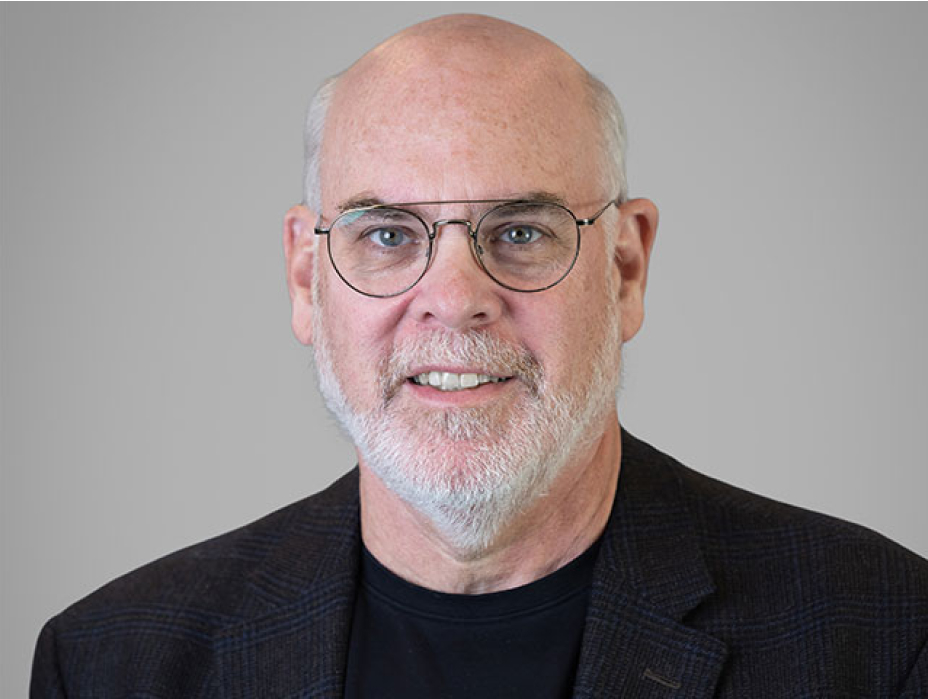Mark is a Partner at ReSource Pro Consulting.
In recent years, the mid/large commercial lines segment has worked extensively to evolve the distribution ecosystem through new partnerships and expansion strategies. Additionally, carriers in the segment have been deploying new technologies for distribution to not only enhance internal operations and processes but to further support the success of distributors, whether retail agencies, brokers, wholesalers, or MGAs. However, according to new ReSource Pro Consulting research, not all solutions meet the expectations of carrier executives today.
Successes and Challenges in Distribution Technology
Our recently published report, “Distribution Technologies for Mid/Large Commercial Lines: Carrier Plans in 2023 and Beyond,” covers the current state of digital capabilities that carriers offer distribution partners, an assessment of the barriers to deploying new capabilities, and carriers’ plans to provide new solutions. The insights are based on a survey of executives at carriers focused on the mid/large commercial market.
Across the sales value chain, insurer executives generally have low satisfaction with digital sales capabilities, particularly in earlier stages of the sales process. There is significant dissatisfaction regarding digital appetite solutions, which is not entirely surprising given how little automation exists in the area.
The reality is that distributors often misunderstand a carrier’s appetite—a challenge that has existed for years. Market conditions can result in the ebb and flow of a carrier’s appetite, and at times, they may pull back in writing certain risks. Other times, they may have increased appetite in a specific class. Although improved communication can help alleviate pain points, tech solutions that support appetite matching between carriers and distributors will be essential for the continued success of carrier/distributor relationships.
In contrast, insurers’ satisfaction levels with their digital offerings for servicing are notably higher than sales, with claims inquiry capabilities rating the highest among executives. Insurers continue to pour investments into claims operations as it is one of the highest touchpoint areas for policyholders. However, a recent ReSource Pro Consulting survey of agents reveals a need for carrier partners to enhance claims capabilities, with about half of agents and brokers in mid/large commercial lines desiring carriers to prioritize projects in claims download and filing capabilities.
Insurers’ Interactions with Distributors Must Evolve
These insights from the report highlight the imperative for carriers to continue to evolve how they interact with and serve distribution partners. Insurers that focus on strategies that enable distributors to place coverage efficiently and competitively with minimal friction and excellent customer experience will be the ones to contend with in the future.
For more information on mid/large commercial lines distribution technology strategies and investments, see our recent research report, “Distribution Technologies for Mid/Large Commercial Lines: Carrier Plans in 2023 and Beyond.” This report is part of ReSource Pro Consulting’s research series based on surveys and interviews of insurers, agencies, brokers, MGAs, and others in the distribution channel, including insights from ReSource Pro’s extensive footprint of distribution clients.
Visit our Carrier Consulting page for more information about our research, consulting, and advisory services.




